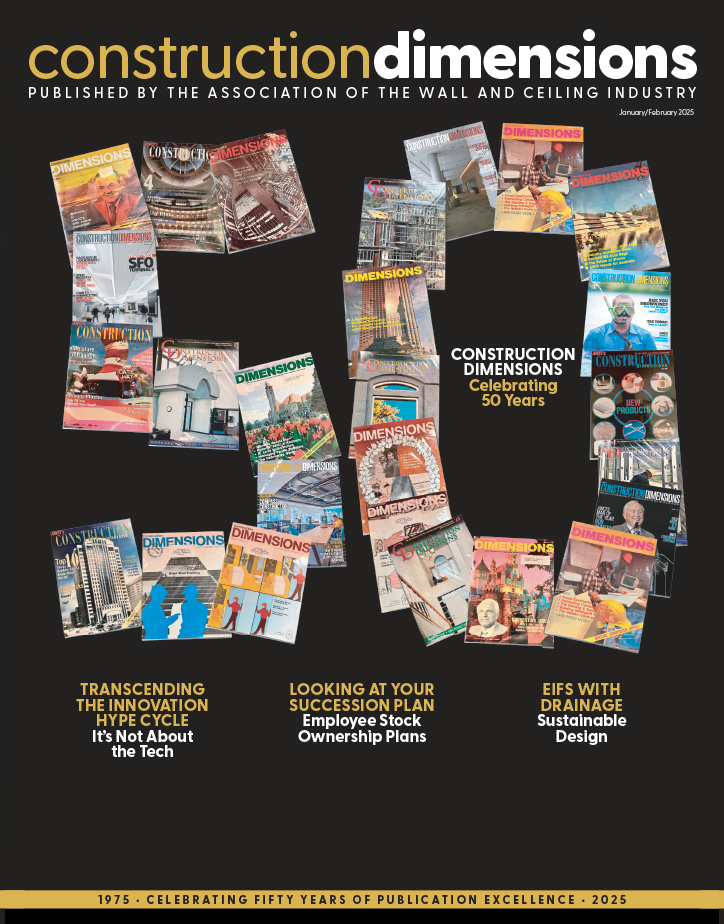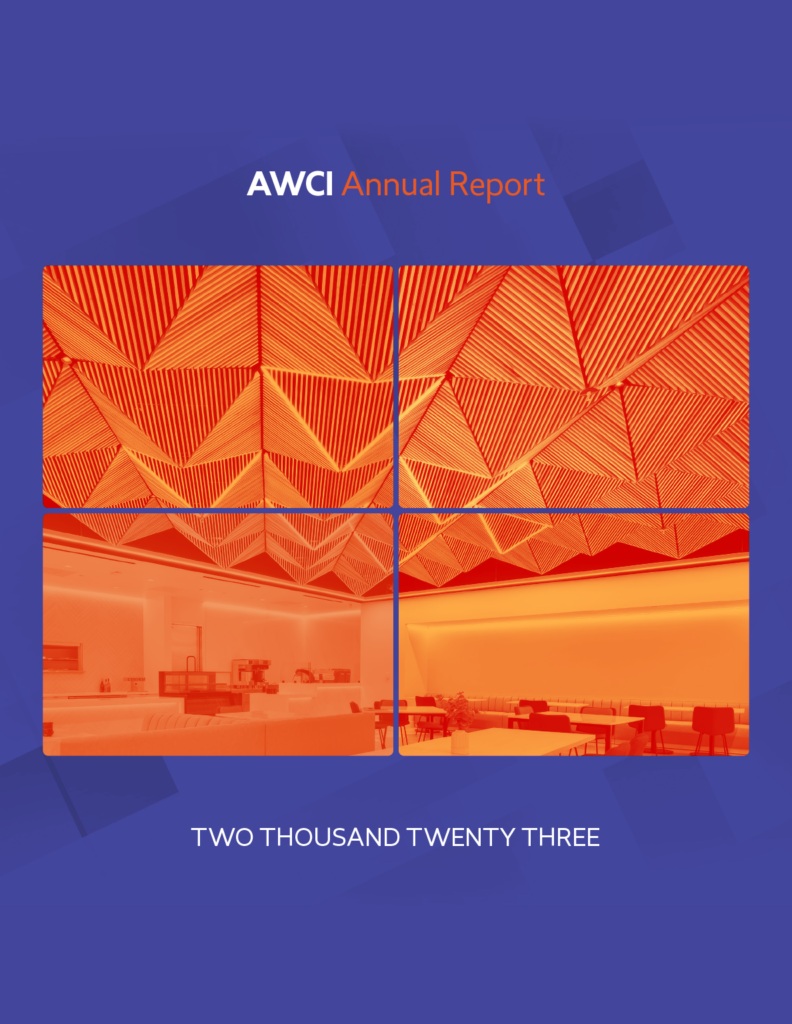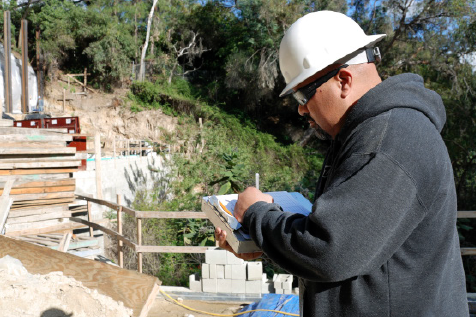In the July issue of Construction Dimensions magazine, Don Allen emphasized the vital role of code advocacy in the construction industry. As wall and ceiling contractors navigate the evolving regulatory landscape, the ability to monitor and influence the development of building codes is crucial to ensuring safety, efficiency, and practicality in their work.
One of the primary documents guiding contractors is the International Building Code (IBC), developed by the International Code Council (ICC). Understanding the intricacies of the IBC’s development process and the importance of industry collaboration is key for contractors seeking to shape the codes that govern their trade.
The Role of the IBC in Building Code Standards
The International Building Code serves as the foundation for building regulations in much of the United States. While states like California develop and adopt variations of the IBC by adding state-specific requirements (such as seismic codes in California), the IBC is the baseline code document for most wall and ceiling contractors. This code is updated every three years, allowing for continuous refinement in response to emerging industry trends, safety concerns, and technological advancements.
How the IBC Is Developed
A significant part of the IBC’s evolution is the public hearing process, where proposed code changes are debated and voted upon. The ICC holds committee hearings twice a year to evaluate code proposals. During these hearings, industry professionals, contractors and other stakeholders can present their views in support of or in opposition to the proposed changes.
The committee then votes on each proposed change. While not fully final, the committee votes significantly weigh on the outcome of a proposal, as the vote—approval or disapproval—is difficult to overturn in the final stage of the review process.
Once through the committee review process, proposals move on to the final action hearing, held once every three years. Here, proponents and opponents of a proposal have another opportunity to testify before a final multi-platform in-person and on-line vote is taken. This multi-step process ensures that all stakeholders can voice their opinions before any significant changes to the code are made. Only code officials are permitted to vote on items presented during the final action hearing.
2024 IBC Committee Hearings in Long Beach, California
At the final committee hearing of 2024, held in Long Beach, California, there were three significant code proposals that directly impacted the wall and ceiling contracting community. One of the most notable proposals discussed was FS108-24, which called for the addition of new language to Chapter 14 of the IBC. This proposed change would require all water-resistive barrier installations to undergo third-party special inspection.
Such a proposal would have had significant implications for contractors, particularly in terms of cost, scheduling, and the logistics of complying with additional inspection requirements. In response, the Wall and Ceiling Conference (WCC) testified strongly against the proposal, raising concerns about its feasibility and the added burden it would place on contractors.
Following the testimony, the committee voted on the proposal. In a positive outcome for the WCC and its supporters, the committee reaffirmed a previous decision to disapprove FS108-24. While the proposal can be re-presented during the final action hearings in 2026, the committee action creates a significant hurdle for approval. This decision highlights the importance of active participation in the code development process and the power of industry associations to shape the outcome of proposed code changes.
The process of opposing FS108-24 underscores a larger point: industry associations and groups such as the WCC can play a pivotal role in advocating for the needs of contractors by ensuring that the IBC evolves in a way that is practical and beneficial to the industry. In working together and participating in the development process, contractors can have a significant impact on the regulations that affect their day-to-day operations.
The collaborative efforts of industry groups also bring to light the importance of staying informed and engaged with the code development process. As building codes are updated every three years, contractors and industry associations must continually monitor proposals, testify during hearings, and offer feedback to ensure that changes support both safety and practicality.
The recent outcome on FS108-24 at the 2024 IBC committee hearings is a testament to the power of collective advocacy and the importance of staying engaged in the ongoing dialogue about the future of building codes.

Ben Duterte is the technical director for the Wall and Ceiling Bureau.





